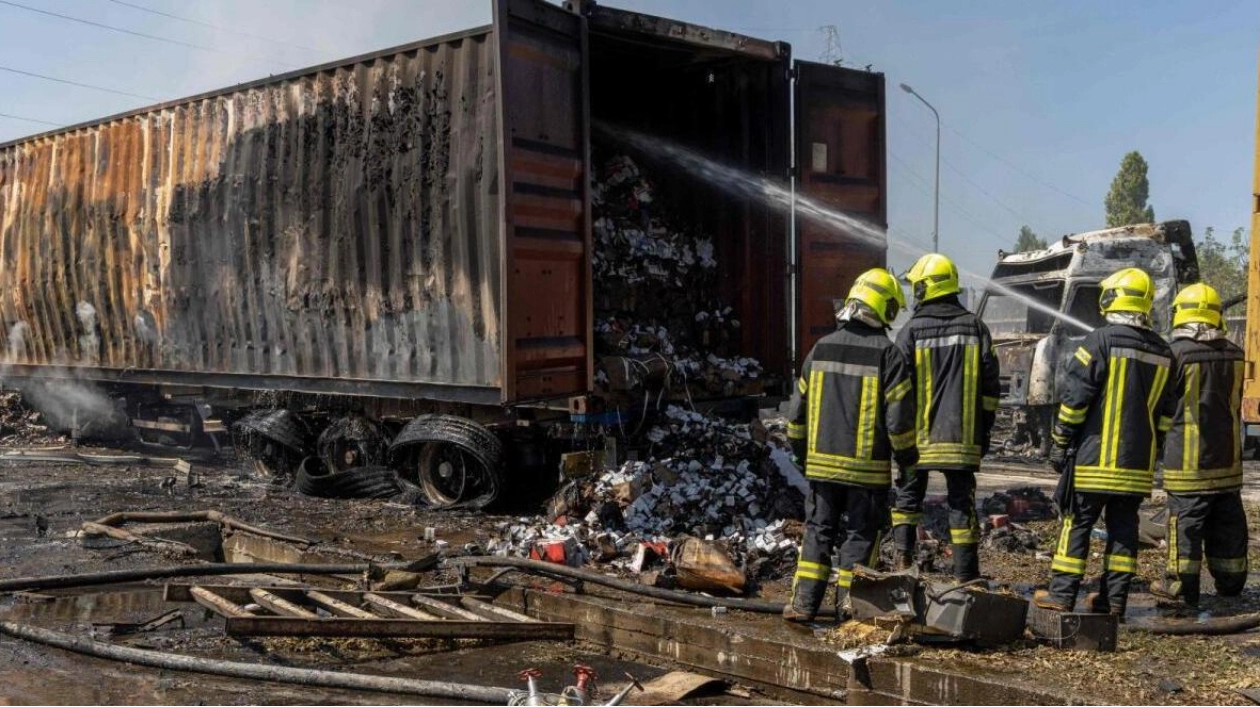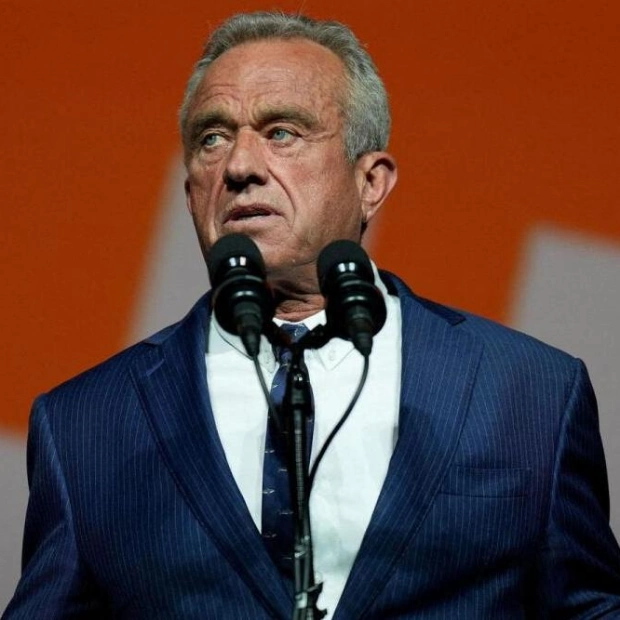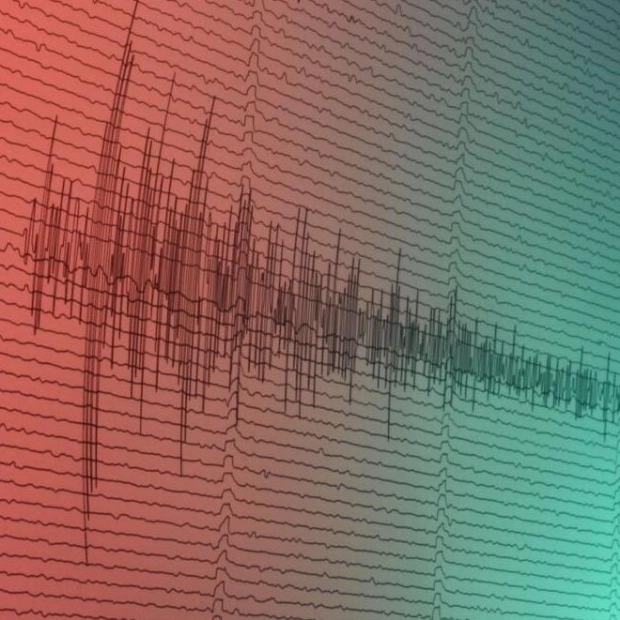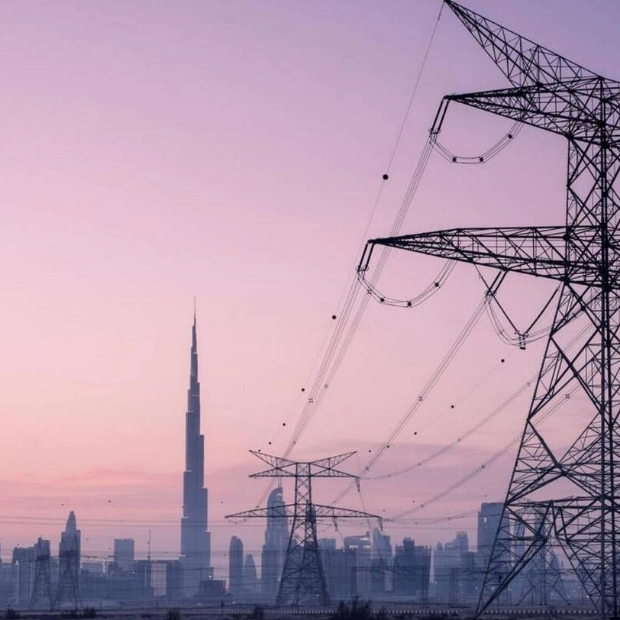On Monday, Russia launched a massive assault on Ukraine, deploying hundreds of drones and missiles that resulted in the deaths of at least four individuals and severely compromised the nation's already fragile energy infrastructure, according to officials. This extensive attack from Moscow, the most significant in several weeks, led to widespread power outages and occurred shortly after Kyiv reported progress in its military operations within Russia's Kursk region. In reaction to this strike, President Volodymyr Zelensky called on European countries to assist in intercepting drones and missiles over Ukraine, which has been enduring war for over two years. "If such unity has proven effective in the Middle East, it should be equally effective in Europe. Life is equally valuable everywhere," he remarked, seemingly drawing a parallel with the US support for Israel in downing Iranian projectiles. State-owned Ukrenergo, the electricity provider, declared emergency power outages to stabilize the system post the onslaught, while train services were also affected. Residents in Kyiv sought refuge in metro stations early Monday as AFP journalists reported hearing the sounds of what seemed to be air defenses in action. "We are constantly anxious. We've been under stress for nearly three years now," shared 34-year-old lawyer Yulia Voloshyna, who was among those taking shelter in the Kyiv metro. "It was truly frightening, honestly. You never know what might happen next," she added. Since its invasion in February 2022, Russia has conducted numerous large-scale drone and missile attacks on Ukraine, particularly targeting energy facilities. The Russian defense ministry acknowledged targeting energy facilities, claiming they were supporting Ukraine's "military-production complex." Early Monday's attacks claimed at least four lives and injured over 20 across the country, officials reported. Later strikes during the day resulted in two additional fatalities, according to authorities. NATO member Poland reported a violation of its airspace, likely by a drone. "We are likely dealing with the entry of an object into Polish territory. The object was confirmed by at least three radiolocation stations," stated Operational Commander of the Armed Forces General Maciej Klisz. Army command spokesman Jacek Goryszewski indicated that it was highly probable the object was a Shahed-type drone, an Iranian design used by the Russian army, although verification was needed. The army was conducting searches for what was likely an unmanned aerial vehicle about 30 kilometers into Polish territory from the Ukrainian border. Zelensky stated that Russia had launched over 100 missiles and approximately 100 Iranian-designed attack drones against Ukraine, urging European air forces to assist in future interceptions. "In our various regions of Ukraine, we could do much more to protect lives if the aviation of our European neighbors worked together with our F-16s and together with our air defense," Zelensky said during an address. Andriy Yermak, Zelensky's chief of staff, emphasized the need for Kyiv to be allowed to strike "deep into the territory of Russia with Western weapons." This aerial assault followed the death of a safety advisor for the Reuters news agency, Ryan Evans, who was killed in a missile strike on a hotel in eastern Ukraine late Saturday. Six of the agency's crew members covering the war were staying at the hotel in Kramatorsk, the last major city under Ukrainian control in the Donetsk region. The Kremlin expressed a lack of clarity regarding the strike when questioned about Zelensky's claim that it was carried out "deliberately." "I will reiterate. The strikes are against military infrastructure targets or targets related to military infrastructure," Kremlin spokesman Dmitry Peskov stated. Separately, Zelensky announced on Sunday that his forces were making advances in the Russian region of Kursk, over two weeks since Kyiv initiated its surprise incursion across the border.

Text: Lara Palmer
26.08.2024
Extensive strikes on Ukraine's energy grid follow Kyiv's claims of progress in Kursk





